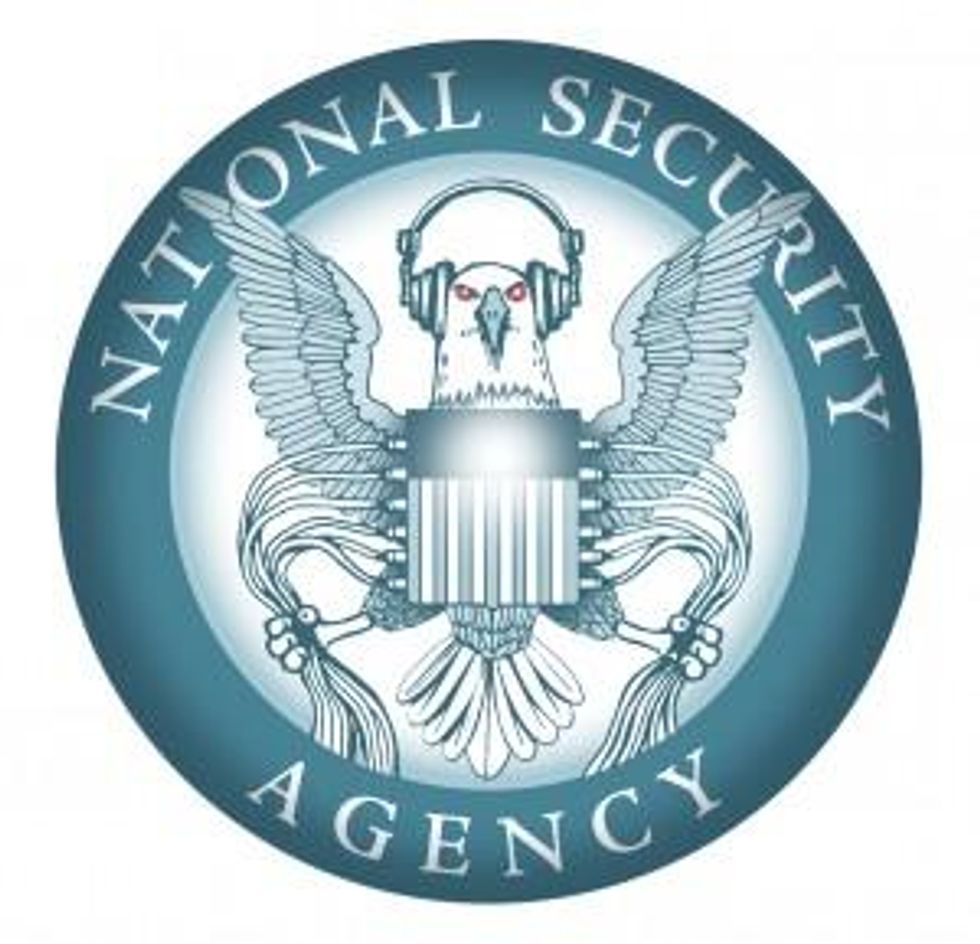The NSA unconstitutionally collected as many as 56,000 e-mails and other electronic communications of people in the U.S. for several years, according to a Foreign Intelligence Surveillance Court (FISC) ruling made public on Wednesday.
The document, a 2011 opinion by Judge John D. Bates, then chief judge of the FISA court, was released as a
result of a FOIA lawsuit by the Electronic Frontier Foundation (EFF), and shows a pattern of the NSA lying to the secret court that's supposed to oversee it.
"The court is troubled that the government's revelations regarding N.S.A.'s acquisition of Internet transactions mark the third instance in less than three years in which the government has disclosed a substantial misrepresentation regarding the scope of a major collection program," Bates wrote in his 85-page opinion.
The collection of data from Americans began in 2008, and was ruled unconstitutional by the FISA court when it found out about it in 2011.
A unnamed senior intelligence official downplayed the revelations, saying it was not "an egregious overreaching" but merely a "technological problem that resulted in an inadvertent collection of a relatively small number of U.S. person communications."
"These opinions indicate that the NSA misrepresented its activities to the court just as it misrepresented them to Congress and the public, and they provide further evidence that current oversight mechanisms are far too feeble," stated Jameel Jaffer, American Civil Liberties Union deputy legal director.
"More fundamentally," Jaffer continued, "the documents serve as a reminder of how incredibly permissive our surveillance laws are, allowing the NSA to conduct wholesale surveillance of Americans' communications under the banner of foreign intelligence collection. This kind of surveillance is unconstitutional, and Americans should make it very clear to their representatives that they will not tolerate it."
Senator Ron Wyden (D-Ore.) said the declassification of the document was "long overdue."
"The ruling states that the NSA has knowingly acquired tens of thousands of wholly domestic communications under section 702 of the Foreign Intelligence Surveillance Act, even though this law was specifically written to prohibit the warrantless acquisition of wholly domestic communications," Wyden added.
Therefore, Wyden stated, FISA Section 702 offers no safeguard for Americans' civil liberties and privacy.
____________________




